The killing of Osama bin Laden has created a series of dilemmas for the left. My colleagues have detailed the debt owed the Bush Administration which the current administration juvenilely and churlishly refuses to acknowledge ( here | here). And many on my side are willing “to give the president credit” for doing his duty. According to reports bin Laden’s location has been known to the administration since March with the same degree of certainty that existed on May 1, so I fail to see what credit is really due unless we are saying that indecisiveness is a virtue.
Bin Laden’s death will eventually be seen as the unofficial end of the US assault on al Qaeda. We will leave a war not won and forsake a victory that would make the world a safer place simply because Barack Obama doesn’t have the guts to prevail. What is worse, he wants to give the impression of being serious.
Intelligence is the key tool in fighting any war. Technical means are valuable but the only way you can obtain insights into the enemy’s operations and intentions is through prisoners.
Taking prisoners and getting intelligence from them carries with it three implications: 1) you have a place to keep them, 2) you have a means to extract the information from them in a timely fashion, and 3) you have a plan for what to do with the prisoners when their intelligence value is exhausted.
Even though Obama has backed off his efforts to close the prison at Guantanamo this does not mean he is supportive of its presence. In fact, the easy way to close the prison is to simply stop adding new prisoners while releasing those prisoners held. If you aren’t going to vigorously interrogate the prisoners, because as Leon Panetta reminds us waterboarding does work, why bother taking them in the first place. Lest anyone think this administration will relent on an policy that succeeded in keeping us safe you need look no further than this exchange at Ground Zero between Obama and a member of the 9/11 families group, Debra Burlingame
[youtube]http://www.youtube.com/watch?v=nO4fihTMzR8[/youtube]
If you don’t want to watch the video, this is the story:
When the president approached her table, Burlingame said she told him that as a former attorney she knows he can’t tell the attorney general what to do – an assessment the president agreed with, she said.
“And I said, but that shouldn’t stop you from offering your opinion. After all, we wouldn’t be here celebrating today if they hadn’t done their job,” she said. “And they have the hammer of a possible indictment over their heads. Can’t you at least give him your opinion?”
The president replied that he wouldn’t, she said. She added, “And he turned around and walked away.”
In addition to eliminating the very techniques that allowed us to track down and kill bin Laden, Obama has permitted the Justice Departmentto reopen investigation of previously cleared CIA operatives. Muskaey explains: “ I say ‘reopening’ advisedly because those investigations had all been formally closed by the end of 2007, with detailed memoranda prepared by career Justice Department prosecutors explaining why no charges were warranted. Attorney General Eric Holder conceded that he had ordered the investigations reopened in September 2009 without reading those memoranda. The investigations have now dragged on for years with prosecutors chasing allegations down rabbit holes, with the CIA along with the rest of the intelligence community left demoralized.”
Having a animus against both holding and interrogating prisoners, the administration has developed a novel means of reducing prisoner intake while giving the illusion of actively pursuing al Qaeda. We have simply started killing people who we should be taking prisoner. First, let me say that I do not fault the SEALs for killing Osama bin Laden. In my view he falls into a unique category of prisoner whose continued presence would cause problems far beyond the value of any intelligence he could provide.
According to the Washington Post:
When a window of opportunity opened to strike the leader of al-Qaeda in East Africa last September, U.S. Special Operations forces prepared several options. They could obliterate his vehicle with an airstrike as he drove through southern Somalia. Or they could fire from helicopters that could land at the scene to confirm the kill. Or they could try to take him alive.
The White House authorized the second option. On the morning of Sept. 14, helicopters flying from a U.S. ship off the Somali coast blew up a car carrying Saleh Ali Nabhan. While several hovered overhead, one set down long enough for troops to scoop up enough of the remains for DNA verification. Moments later, the helicopters were headed back to the ship.
The strike was considered a major success, according to senior administration and military officials who spoke on the condition of anonymity to discuss the classified operation and other sensitive matters. But the opportunity to interrogate one of the most wanted U.S. terrorism targets was gone forever.
The Nabhan decision was one of a number of similar choices the administration has faced over the past year as President Obama has escalated U.S. attacks on the leadership of al-Qaeda and its allies around the globe. The result has been dozens of targeted killings and no reports of high-value detentions.
To say the least, this is not a man who has learned anything about fighting the War on Terror from the death of bin Laden, rather he sees the death of bin Laden as nothing more or less than a monkey that is no longer on his back and it gives him good reason to declare victory both in Afghanistan and in the War on Terror in general.
Our ability to kill or capture terrorists, roll up their networks, and interfere with their operations is being degraded by the lack of fresh information while the administration continues to act like a tee ball team, all the while talking about its “gutsy call.”


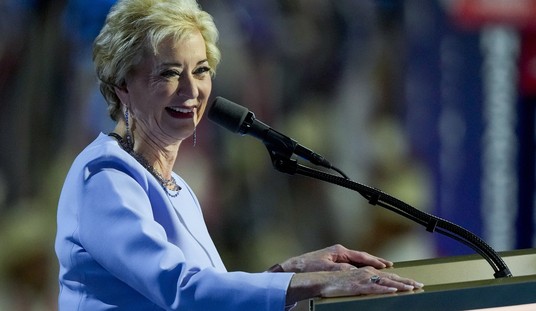

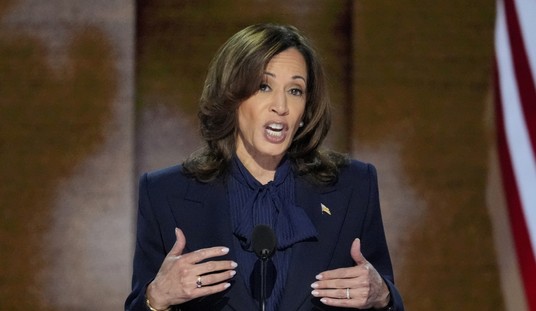

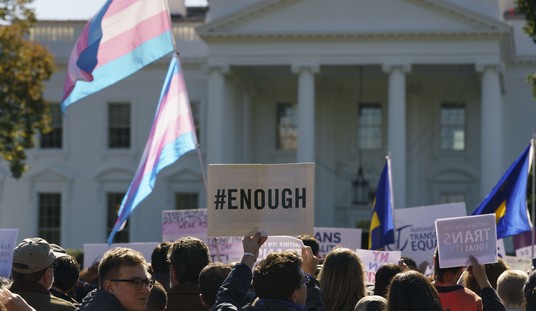


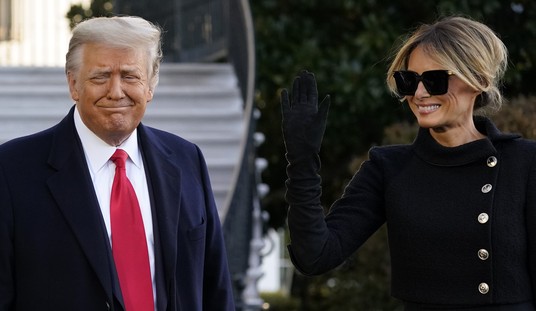


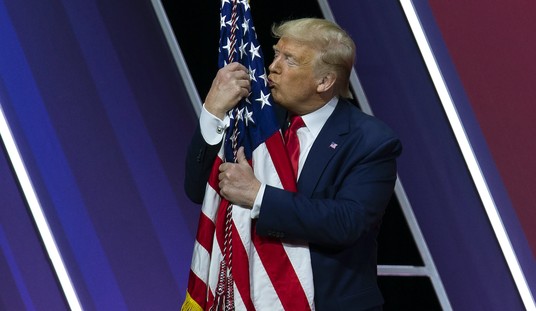
Join the conversation as a VIP Member